-
 Bitcoin
Bitcoin $117500
2.15% -
 Ethereum
Ethereum $3911
6.19% -
 XRP
XRP $3.316
10.79% -
 Tether USDt
Tether USDt $1.000
0.01% -
 BNB
BNB $787.2
2.24% -
 Solana
Solana $175.2
4.15% -
 USDC
USDC $0.9999
0.00% -
 Dogecoin
Dogecoin $0.2225
8.40% -
 TRON
TRON $0.3383
0.28% -
 Cardano
Cardano $0.7868
6.02% -
 Stellar
Stellar $0.4382
9.34% -
 Hyperliquid
Hyperliquid $40.92
7.56% -
 Sui
Sui $3.764
7.63% -
 Chainlink
Chainlink $18.48
10.66% -
 Bitcoin Cash
Bitcoin Cash $582.1
1.88% -
 Hedera
Hedera $0.2601
6.30% -
 Avalanche
Avalanche $23.33
4.94% -
 Ethena USDe
Ethena USDe $1.001
0.02% -
 Litecoin
Litecoin $122.3
2.04% -
 UNUS SED LEO
UNUS SED LEO $8.969
-0.27% -
 Toncoin
Toncoin $3.339
0.86% -
 Shiba Inu
Shiba Inu $0.00001287
4.30% -
 Uniswap
Uniswap $10.43
7.38% -
 Polkadot
Polkadot $3.861
5.08% -
 Dai
Dai $1.000
0.02% -
 Bitget Token
Bitget Token $4.513
3.41% -
 Monero
Monero $267.7
-6.18% -
 Cronos
Cronos $0.1499
4.14% -
 Pepe
Pepe $0.00001110
5.15% -
 Aave
Aave $284.9
8.28%
What is DAO? How does it reshape the organizational management model?
DAOs operate on blockchain, using smart contracts for automation and token-based voting for governance, offering transparency and efficiency over traditional organizations.
Mar 31, 2025 at 03:49 am
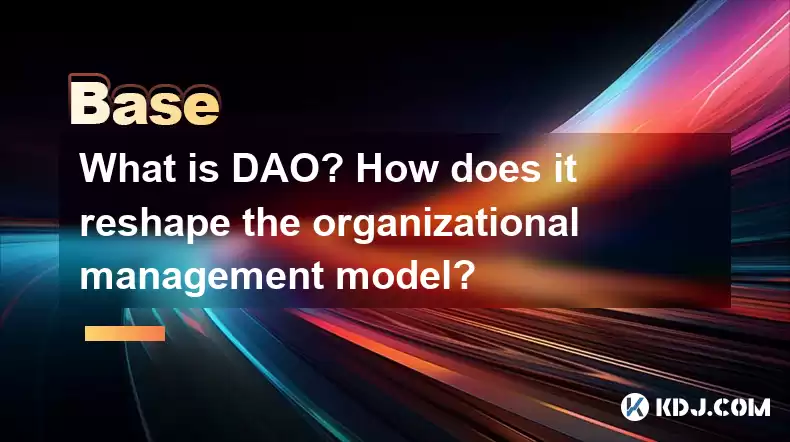
Understanding Decentralized Autonomous Organizations (DAOs)
A Decentralized Autonomous Organization (DAO) is a community-led entity without a central authority. It operates on a transparent, immutable, and distributed ledger, typically a blockchain. Members collectively govern the DAO through proposals and voting, often using cryptocurrency tokens to weigh their influence. This contrasts sharply with traditional hierarchical organizations. The rules governing the DAO are encoded in smart contracts, ensuring automated execution and preventing manipulation by a single entity. This offers a new paradigm for organizational structure and decision-making.
How DAOs Reshape Organizational Management
DAOs challenge traditional organizational management in several key aspects. First, they eliminate the need for centralized leadership. Decisions are made collectively by the community, fostering a more democratic and inclusive environment. Second, DAOs leverage smart contracts for automation, reducing operational costs and increasing efficiency. Third, transparency is a cornerstone of DAOs, with all transactions and governance actions recorded on a public blockchain. This fosters trust and accountability.
The Governance Mechanism of a DAO
The governance mechanism of a DAO varies depending on its specific design. However, most DAOs utilize a token-based voting system. Token holders can propose changes to the DAO's operations or allocate funds. Proposals are then put to a vote, and the outcome is determined by the weighted votes of the token holders. The weight of each vote is usually proportional to the number of tokens held. This ensures that those with a larger stake have a greater influence on the DAO's direction. Some DAOs utilize more complex governance models, incorporating quadratic voting or other mechanisms to mitigate the influence of large token holders.
The Role of Smart Contracts in DAO Operations
Smart contracts are the backbone of any DAO. These self-executing contracts automate various aspects of the DAO's operations, including:
- Managing treasury funds: Smart contracts can automatically distribute funds based on pre-defined rules or voting outcomes.
- Executing proposals: Once a proposal is approved, smart contracts can automatically implement the changes.
- Enforcing rules: Smart contracts ensure that all members adhere to the DAO's rules and regulations.
- Facilitating membership: Smart contracts can automate the process of adding or removing members from the DAO.
This automation minimizes the need for human intervention, reducing operational costs and increasing efficiency. It also ensures consistent and predictable execution of decisions, minimizing the risk of human error or bias.
Transparency and Accountability in DAOs
Transparency is a fundamental aspect of DAOs. All transactions and governance actions are recorded on a public blockchain, allowing anyone to view the DAO's activities. This high level of transparency promotes accountability, as all members can track the decisions made and the funds allocated. This contrasts sharply with traditional organizations where information is often opaque and decision-making processes are less transparent. This enhanced transparency builds trust among members and stakeholders.
Challenges and Limitations of DAOs
Despite their potential, DAOs also face challenges. One significant issue is the potential for attacks from malicious actors. Smart contracts can be vulnerable to exploits, and DAOs need robust security measures to protect their funds and operations. Another challenge is the complexity of DAO governance. Reaching consensus among a large and diverse community can be difficult, and disagreements can lead to internal conflicts. Furthermore, the legal status of DAOs is still evolving, and regulatory uncertainty can hinder their development.
DAOs and the Future of Organizational Management
DAOs represent a significant shift in how organizations are structured and managed. Their decentralized nature, transparent operations, and automated processes offer several advantages over traditional models. However, the technology is still relatively new, and DAOs face challenges related to security, governance, and legal frameworks. As the technology matures and regulatory clarity emerges, DAOs have the potential to transform various sectors, offering a more democratic, efficient, and transparent approach to organizational management. This transformative potential is driving significant innovation and interest in the space.
DAOs and Tokenomics
The economic model of a DAO is intrinsically linked to its governance and operations. The design of the tokenomics, including token distribution, utility, and vesting schedules, significantly impacts the DAO's stability and success. Token holders typically have voting rights proportional to their holdings, influencing decisions on resource allocation, project development, and other crucial aspects. The design of these tokenomics requires careful consideration to ensure fairness, incentivize participation, and prevent manipulation. A well-designed tokenomics system can foster a thriving and sustainable DAO.
Different Types of DAOs
The landscape of DAOs is diverse, with different models catering to various purposes and organizational structures. Some DAOs focus on specific projects, while others function as investment vehicles or community-driven platforms. The governance mechanisms and tokenomics also vary greatly. Some DAOs employ simple majority voting, while others use more complex systems like quadratic voting or delegated governance. Understanding the different types of DAOs is crucial for navigating this evolving ecosystem.
The Role of Community in DAOs
The community plays a central role in the success of a DAO. Active participation from members is essential for proposing and voting on proposals, contributing to the DAO's development, and ensuring its long-term sustainability. A strong and engaged community fosters a sense of ownership and shared responsibility, driving innovation and collective decision-making. Effective communication and community management are crucial for building a thriving DAO.
Frequently Asked Questions
Q: What are the risks associated with investing in DAOs?
A: Investing in DAOs carries significant risks, including smart contract vulnerabilities, governance challenges, and regulatory uncertainty. The value of DAO tokens can be highly volatile, and there's no guarantee of returns. Thorough research and due diligence are crucial before investing.
Q: How can I participate in a DAO?
A: Participation typically involves acquiring the DAO's native token. This often requires purchasing the token on a cryptocurrency exchange. Once you hold the token, you can participate in governance by voting on proposals. Some DAOs also have other participation mechanisms, such as contributing to the DAO's development or providing services.
Q: Are DAOs legal?
A: The legal status of DAOs is still evolving and varies across jurisdictions. There's currently no universally accepted legal framework for DAOs. It is crucial to understand the legal implications in your specific region before participating in a DAO.
Q: How are DAOs different from traditional companies?
A: DAOs differ from traditional companies in several key aspects, including their decentralized governance structure, transparent operations, and use of smart contracts. DAOs lack a central authority, decisions are made collectively by members, and operations are automated, leading to greater efficiency and transparency.
Q: What are the potential benefits of DAOs?
A: DAOs offer several potential benefits, including increased transparency, improved efficiency, reduced operational costs, and a more democratic and inclusive decision-making process. They can foster innovation and empower communities to collaborate and build projects together. However, it's crucial to acknowledge the associated risks.
Disclaimer:info@kdj.com
The information provided is not trading advice. kdj.com does not assume any responsibility for any investments made based on the information provided in this article. Cryptocurrencies are highly volatile and it is highly recommended that you invest with caution after thorough research!
If you believe that the content used on this website infringes your copyright, please contact us immediately (info@kdj.com) and we will delete it promptly.
- Tron's Sell-Off Spurs Altcoin Shift: What's Next for TRX?
- 2025-08-08 08:30:12
- RUVI Presale: Is the Growth Potential Real?
- 2025-08-08 09:10:12
- Sleep Token's US Takeover: Thornhill Rides the 'Even In Arcadia' Wave
- 2025-08-08 08:30:12
- FTT Token's Wild Ride: Creditor Repayments vs. Market Drop - A New Yorker's Take
- 2025-08-08 07:10:12
- Floki Crypto Price Prediction: Riding the Robinhood Rocket or Just a Meme?
- 2025-08-08 07:15:12
- EigenLayer, Restaking, and Ethereum: Navigating the Hype and the Hazards
- 2025-08-08 06:30:12
Related knowledge
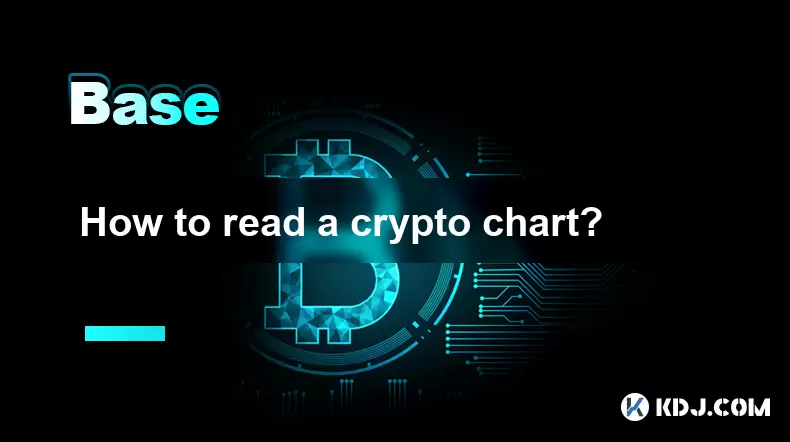
How to read a crypto chart?
Aug 08,2025 at 10:35am
Understanding the Basics of a Crypto ChartA crypto chart is a visual representation of the price movements of a cryptocurrency over time. These charts...
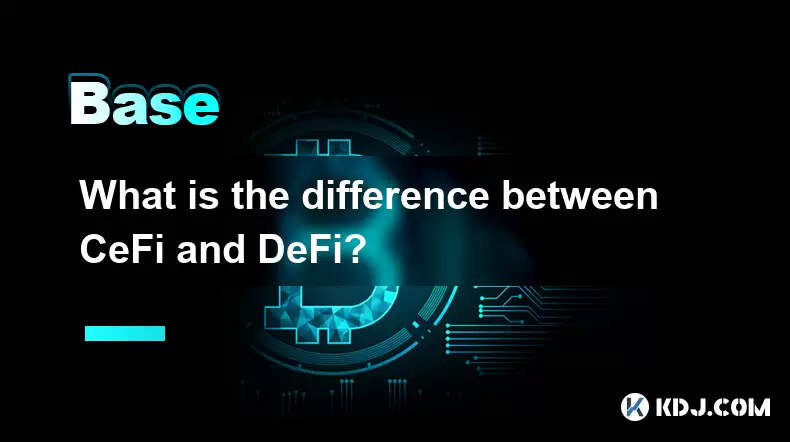
What is the difference between CeFi and DeFi?
Jul 22,2025 at 12:28am
Understanding CeFi and DeFiIn the world of cryptocurrency, CeFi (Centralized Finance) and DeFi (Decentralized Finance) represent two distinct financia...
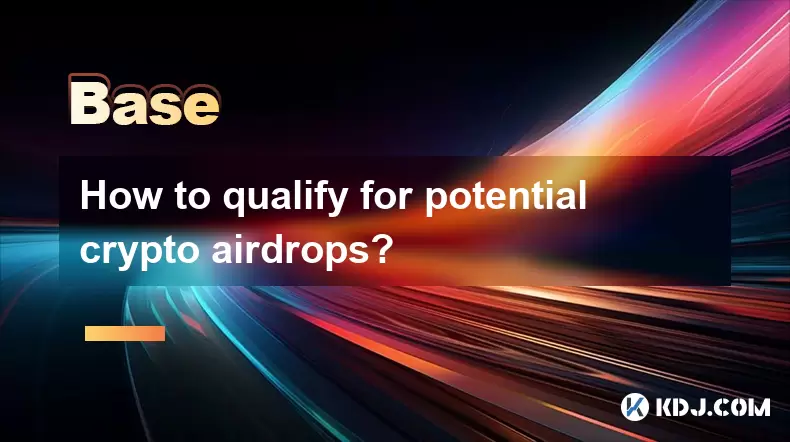
How to qualify for potential crypto airdrops?
Jul 23,2025 at 06:49am
Understanding What Crypto Airdrops AreCrypto airdrops refer to the distribution of free tokens or coins to a large number of wallet addresses, often u...
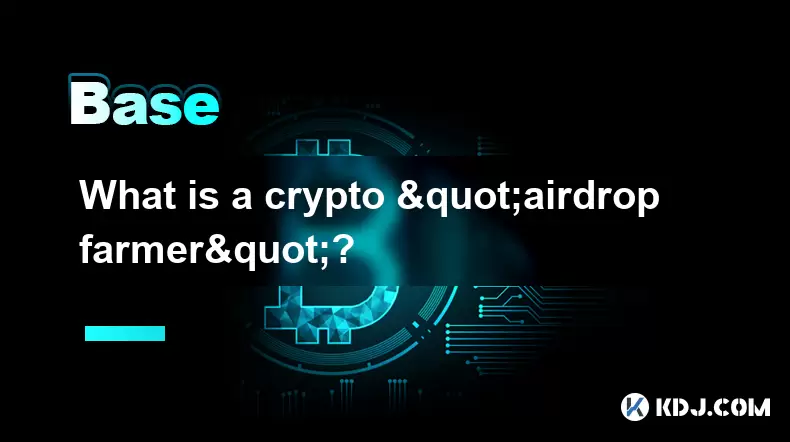
What is a crypto "airdrop farmer"?
Jul 24,2025 at 10:22pm
Understanding the Role of a Crypto 'Airdrop Farmer'A crypto 'airdrop farmer' refers to an individual who actively participates in cryptocurrency airdr...
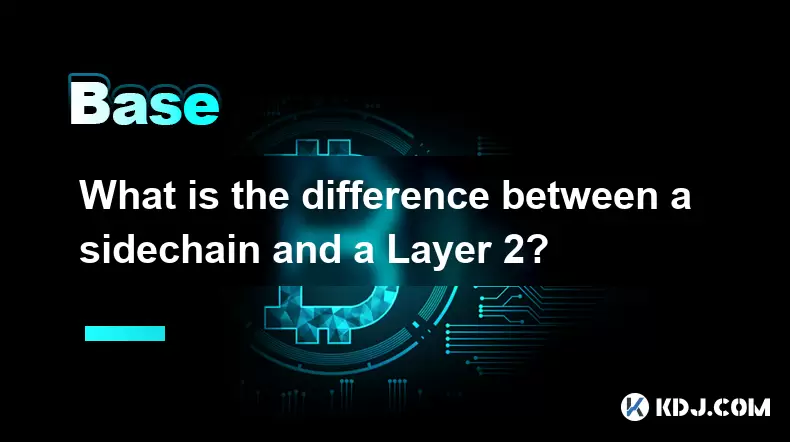
What is the difference between a sidechain and a Layer 2?
Jul 20,2025 at 11:35pm
Understanding the Concept of SidechainsA sidechain is a separate blockchain that runs parallel to the main blockchain, typically the mainnet of a cryp...
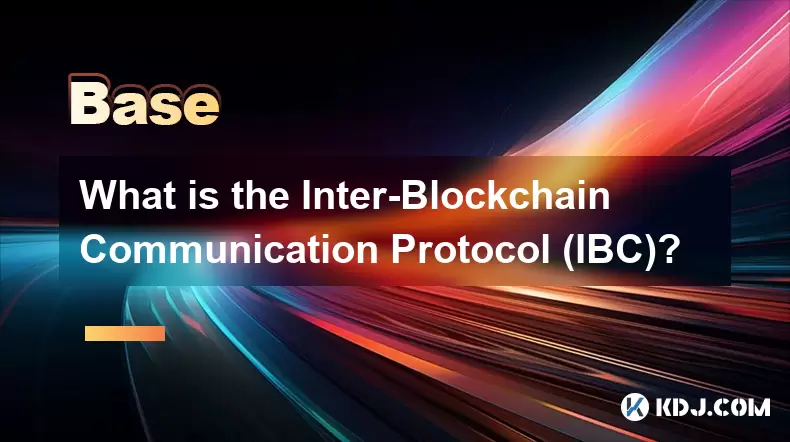
What is the Inter-Blockchain Communication Protocol (IBC)?
Jul 19,2025 at 10:43am
Understanding the Inter-Blockchain Communication Protocol (IBC)The Inter-Blockchain Communication Protocol (IBC) is a cross-chain communication protoc...

How to read a crypto chart?
Aug 08,2025 at 10:35am
Understanding the Basics of a Crypto ChartA crypto chart is a visual representation of the price movements of a cryptocurrency over time. These charts...

What is the difference between CeFi and DeFi?
Jul 22,2025 at 12:28am
Understanding CeFi and DeFiIn the world of cryptocurrency, CeFi (Centralized Finance) and DeFi (Decentralized Finance) represent two distinct financia...

How to qualify for potential crypto airdrops?
Jul 23,2025 at 06:49am
Understanding What Crypto Airdrops AreCrypto airdrops refer to the distribution of free tokens or coins to a large number of wallet addresses, often u...

What is a crypto "airdrop farmer"?
Jul 24,2025 at 10:22pm
Understanding the Role of a Crypto 'Airdrop Farmer'A crypto 'airdrop farmer' refers to an individual who actively participates in cryptocurrency airdr...

What is the difference between a sidechain and a Layer 2?
Jul 20,2025 at 11:35pm
Understanding the Concept of SidechainsA sidechain is a separate blockchain that runs parallel to the main blockchain, typically the mainnet of a cryp...

What is the Inter-Blockchain Communication Protocol (IBC)?
Jul 19,2025 at 10:43am
Understanding the Inter-Blockchain Communication Protocol (IBC)The Inter-Blockchain Communication Protocol (IBC) is a cross-chain communication protoc...
See all articles

























































































